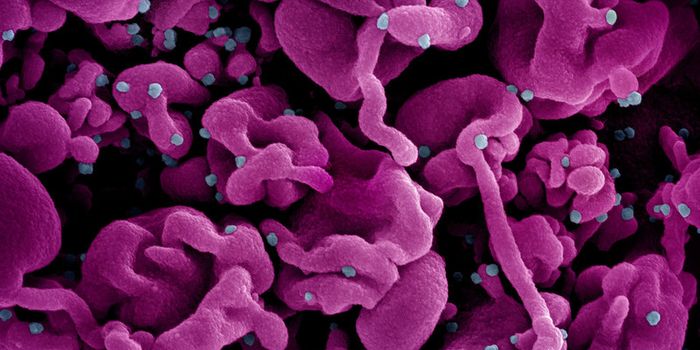The "Worst Version" of COVID-19 is Here
Variants of SARS-CoV-2, the virus that causes COVID-19, have been continuously emerging since the start of the pandemic. Now that Omicron has evolved, subvariants of this highly transmissible variant have continued to arise. We're now at BA.5, and it seems to be a serious change. As of early July, the BA.5 variant was to blame for an estimated 65 percent of new cases in the United States.
Warnings about the new BA.5 variant have come too late, experts have noted. "It's well past the time when the warning could have been put out there," said Dr. Eric Topol, head of the Scripps Research Translational Institute. Topol has written that BA.5 is "the worst version of the virus that we've seen."
There may be yet another shift in regulations, as mask mandates have been applied, then removed, then reapplied throughout the pandemic. A new indoor mask mandate may now be coming for some locations, like Los Angeles, where transmission of the virus is once again "high."
A study reported in Lancet Infectious Diseases showed that both the BA.4 and BA.5 variants of Omicron are good at evading immunity established by previous infections and vaccines. In people who were previously infected but not vaccinated, antibodies were not very effective against BA.4 or BA.5. Antibodies from individuals vaccinated with the Pfizer/BioNtech were found to have some efficacy against BA.4 and BA.5, but that efficacy was significantly reduced compared to previous variants.
"BA.2.12.1 and particularly BA.4 and BA.5 are antibody evasion variants. Vaccination will still protect against severe disease induced by these variants but protection might be somewhat less efficient as that measured for previously circulating variants," said senior study author Markus Hoffmann, senior author of the study.
A recent study reported in Nature suggested that while the BA.2.12.1 variant is only a bit more resistant than BA.2 in vaccinated and boosted individuals, the BA.4 or BA.5 variant was four or more times more resistant. Study leader David D. Ho, MD, a Professor at Columbia University, among other appointments, noted that while booster shots aimed at these new variants may be helpful, it would be advisable to develop vaccines and treatments that can deal with a virus that is continuing to evolve.
However, it's important to note that as cases have risen, and even hospitalizations are rising, deaths do not seem to have not spiked, suggesting that for now at least, the vaccines have been effective at preventing serious illness. That is one reason why many experts are encouraging people to get booster shots if they have not done so already, and there is consideration about authorizing a second booster shot for all adults. Right now, only adults over 50 or adults who are immunocompromised are authorized for a second booster shot.
The immune evasion of these variants comes from modifications to the spike protein of the virus, which it uses to enter cells and trigger an infection.
Symptoms of BA.5 are like other COVID variants, and the common cold. They include sore throat, runny nose, coughing, fever, headaches, fatigue, and muscle pain.
Personal protective measures that many have employed since the start of the pandemic can still be effective as well, although researchers have stressed that KN95 masks, not cloth or surgical masks, are necessary for protection against these new, highly transmissible variants.
Sources: Lancet Infectious Diseases, Nature


















































